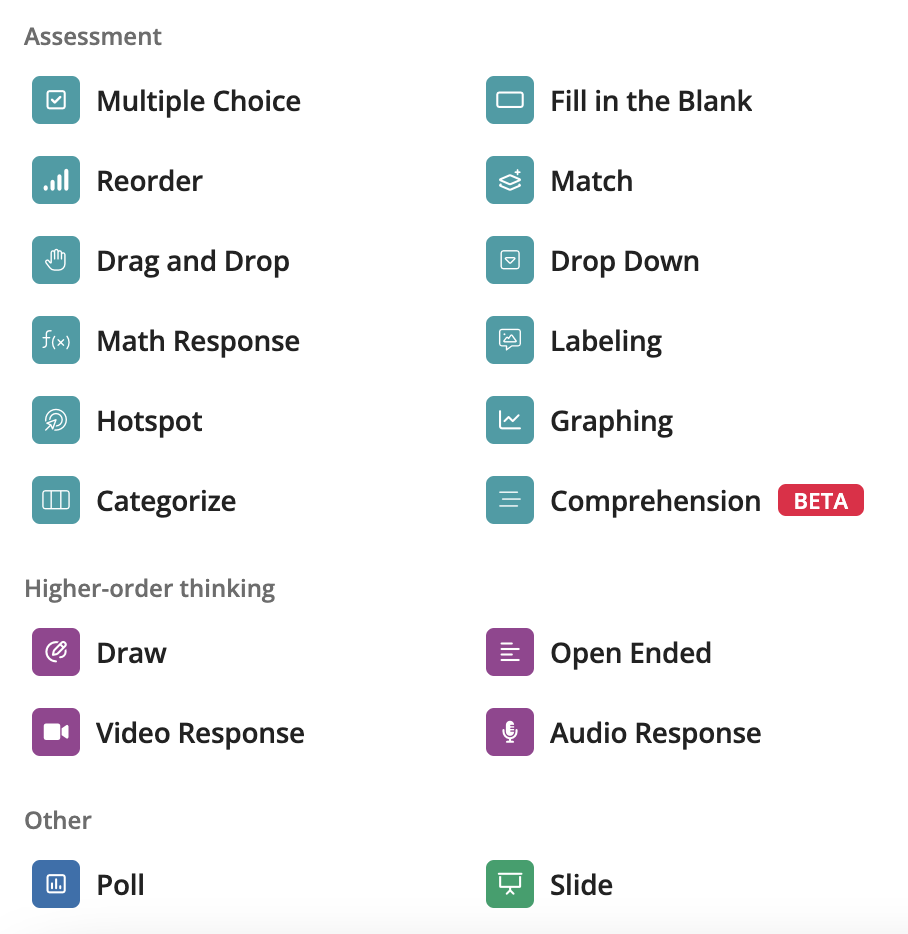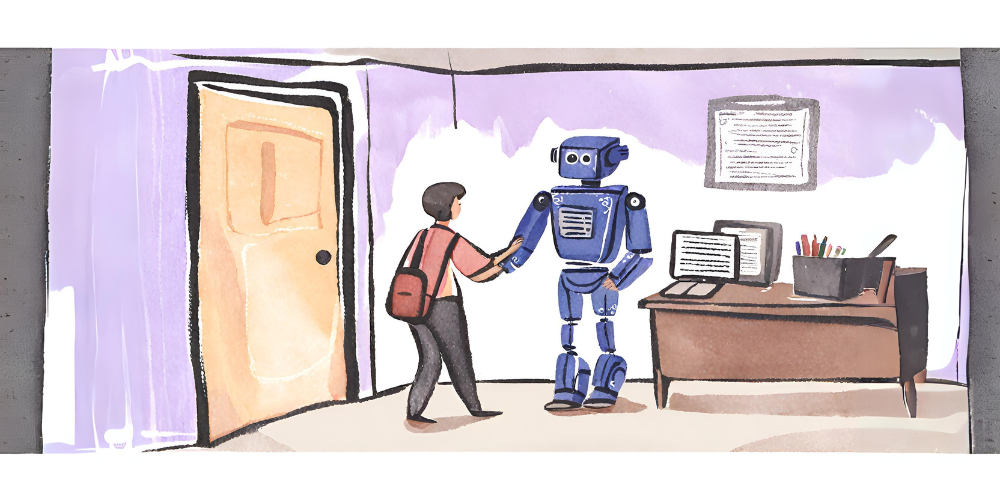Sean Arnold had no intentions of teaching.
He felt the system failed him and the millions of others who learn differently, so he avoided a career in education for years.
Eventually, Arnold changed his mind. Helping those underserved by traditional school motivated him to teach STEM to students with disabilities and special needs in the New York City Department of Education (NYCDOE).
As more than 7 million U.S. students are struggling with education technology, Arnold’s 19-year history of equitable teaching sets high standards for how schools should implement accessible edtech tools to benefit all students.
Challenges to Solve
Accessible edtech options are few and far between
Using technology should level up learning, but when it causes students stress, it defeats the purpose.
No matter how cool the online tool, confusing colors, shapes, sounds, text, font, and structure can spike anxiety, cloud the content, and tank an entire lesson.
Similar to the 70 percent of teachers referencing a “massive gap” in resources needed for accessible instruction, Arnold sought out alternative methods to meet his students’ diverse accommodations associated with Autism Spectrum Disorder, significant cognitive delays, emotional and multiple disabilities, and more.
Quizizz-Powered Solution
Equity, engagement, and IEP compliance for the win

Beyond the calming music and cute memes, Arnold believes Quizizz beats other platforms on accessibility by offering 15+ Question Types and more than a dozen settings to modify instruction.
These features help students practice IEP/504 skills like sorting, sequencing, labeling, categorization, and recognition.
For students with hearing, vision, or verbal communication impairments, Quizizz has Draw, Audio, or Video Questions and Responses. There’s also adjustable timers, flexible deadlines, image supports, and more.
“All these options make Quizizz collectively even more accessible, meaningful, and powerful,” Arnold said.
Accessibility for All
Strong edtech, and even stronger teachers, makes all the difference
With millions of students challenged by edtech, administrators must be diligent on tool selection.
In his current role as NYCDOE Director of School Pathways and Computer Science, Arnold helps teachers leverage the most accessible edtech to provide more equitable learning.
“The fact that on Quizizz I’m able to pull materials together very quickly and easily in a format my kids can access, and then get meaningful information on what they do and don’t know is, in itself, a big success.”
















